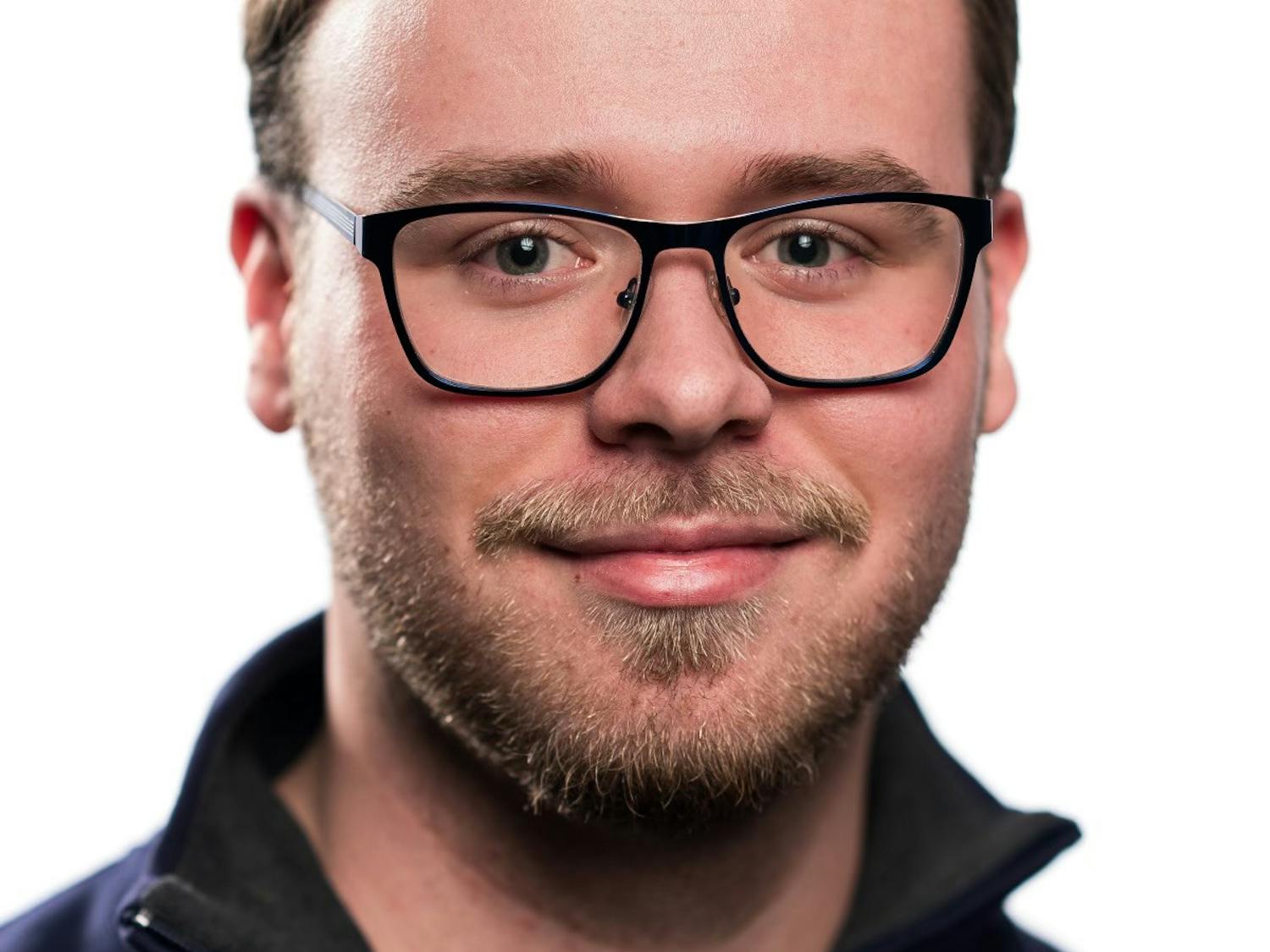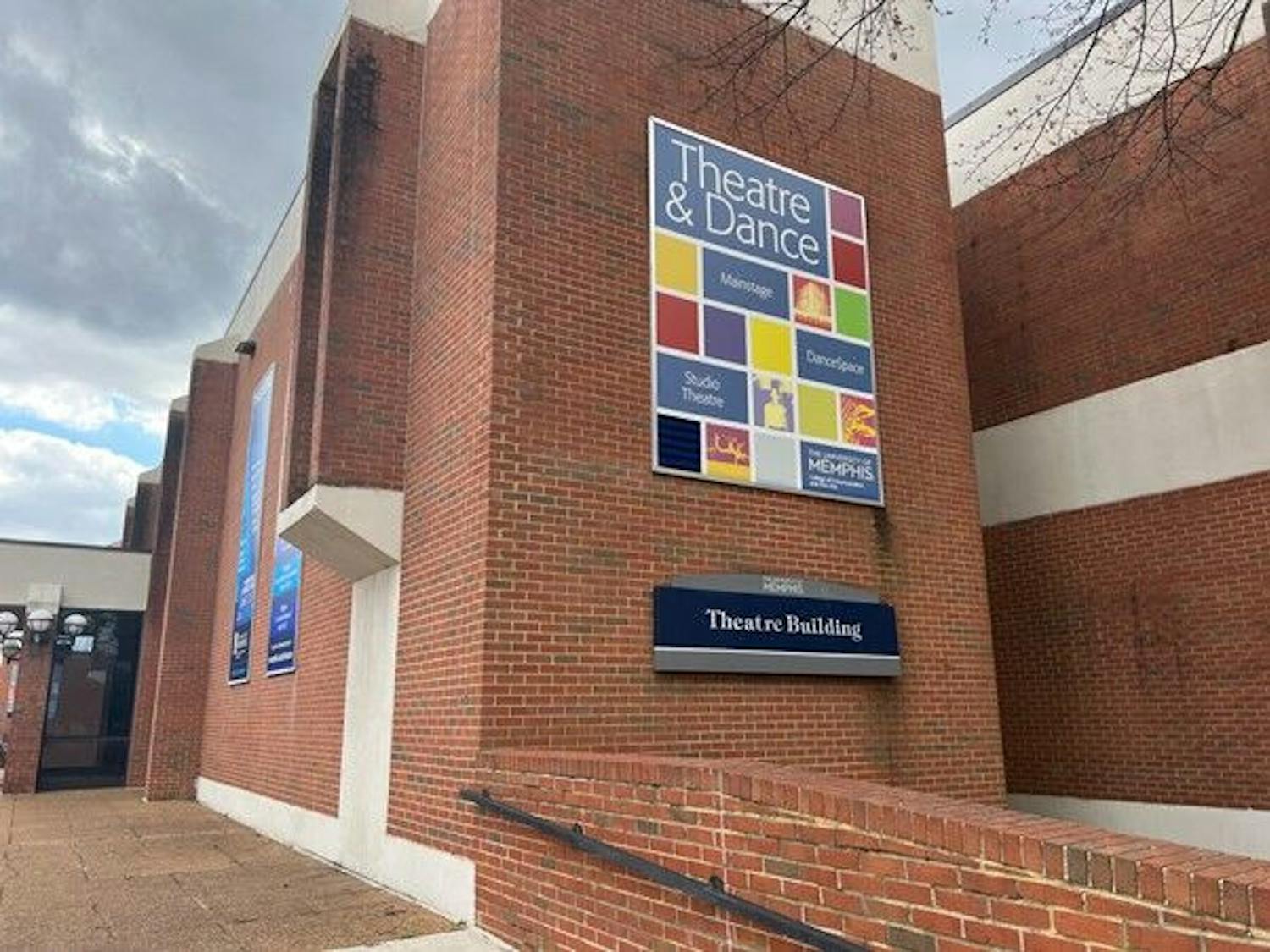High school students typically endure four years of education, which, for many, are filled with back-to-back homework assignments, weekly exams and what some call a limited sense of freedom.However, there is a light at the end of the tunnel. With a diploma in hand and cap tossed, graduates finally take their first steps towards conquering the world — choosing a major.
“I’m still not certain about what I want to major in,” Adam Siegler, rising junior at the University of Kansas, said. “When I came into college, I kind of just wrote down ‘accounting’ because I knew I wanted to do something in business, and that’s what I knew the most about.”
Siegler isn’t alone. In fact, 80 percent of college-bound students have yet to choose a major, according to Dr. Fritz Grupe, founder of the website, MyMajors.com.
“It’s honestly absurd for anyone to expect students to know what they want to do for the next 50 years of their life, right after they graduate high school,” Siegler said. “Very few people can do that, especially without taking any real classes or being in the work force.”
This might explain why 50 percent of those who do declare a major, change it. Many do so two or three times during their college years, according to Grupe.
However, changing majors has never been an issue for Madison Durkee, junior at Mississippi State University. Durkee said she chose her major while in high school and has stuck with it ever since.
“Before entering college, I thought I wanted to do graphic design because I really liked computers and creating things,” Durkee said. “Then, I realized that it required a lot of art, which I wasn’t very good at, so I decided to look into a marketing career path and shadow professionals to see if it was for me.”
Durkee said shadowing before starting college was the best decision she could have made. It helped her learn early on that marketing was the best fit for her. She said her dad is to thank for setting her up with the opportunity.
Some students, like Siegler, would rather not get their parents involved.
“To me, it’s an individual experience,” Siegler said. “So, I chose to figure it all out on my own and not involve my parents with the process. I knew they would support me in whatever choice I made.”
Siegler is still unsure as to which major, accounting or finance, to stick with for good. However, he’s comfortable knowing he can always go with one or the other and not fall behind.
Just like Siegler, Antonio Hernandez, director of corporate communications at ServiceMaster, had no benchmark for choosing a major or even a college as a whole.
Hernandez was the first person of his family to attend a university, coming from a family of migrant farmers. Originally, fascinated with science, he entered college as a pre-med biology major with the intention of being a doctor. However, after various psychology courses, he realized it was not the best choice.
“During my junior year of college, I was doing so well in my communication courses that one of my professors asked me if I had ever thought about a career in public relations,” Hernandez said. “I decided to get my feet wet and ended up doing my first internship at a PR agency and loved it. I was immediately hooked.”
He graduated from the University of Texas at San Antonio with a degree in communications.
“Changing majors is not a bad thing,” Hernandez said. “Whether you want to be a PR practitioner, doctor or IT specialist, you have to decide and ask yourself what type of education will you need to get to that point. Just be sure to follow your dreams and take your time with your decision...after all, you’re in it for the long-haul.”





